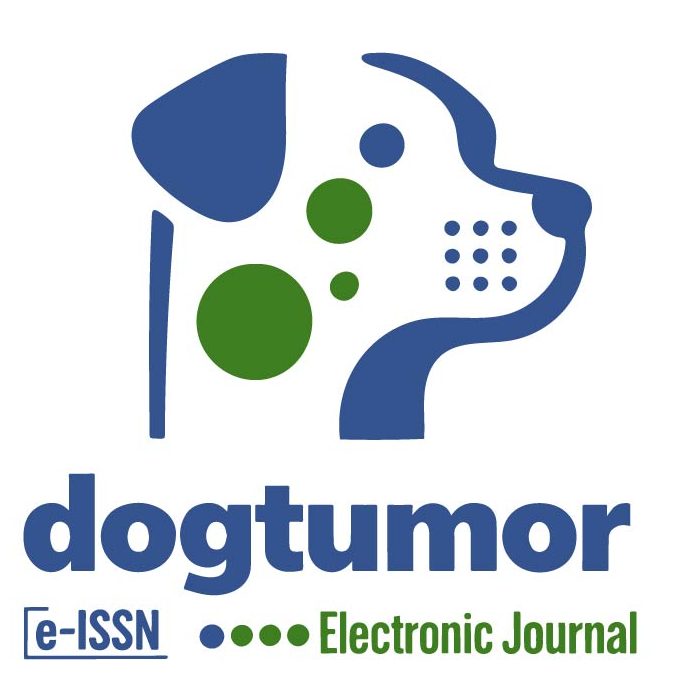Chronotherapy for Dog Cancer: Stunning, Effective Chemo Timing
Chronotherapy for dog cancer is an innovative approach that leverages the body’s natural biological rhythms to improve the effectiveness of chemotherapy treatments. By precisely timing chemotherapy administration, veterinarians aim to maximize drug efficacy while minimizing harmful side effects, providing a better quality of life for our canine companions battling cancer.
Understanding Chronotherapy: What It Means for Dogs with Cancer
Chronotherapy is based on the science of chronobiology, which studies the body’s internal clock, or circadian rhythms. These rhythms influence many physiological processes, including hormone release, cell regeneration, and immune system activity. In humans, chronotherapy has been a growing area of interest, especially in cancer treatment, but its application in veterinary medicine is relatively new and promising.
Dogs, like humans, have circadian rhythms that determine their sleep-wake cycles, metabolism, and even how their bodies process medications. These fluctuations can affect how chemotherapy drugs are absorbed, distributed, and cleared from their systems. By administering chemotherapy when the dog’s body is most receptive, chronotherapy aims to enhance cancer cell kill rates while sparing healthy tissue.
How Chronotherapy Works in Treating Dog Cancer
Traditional chemotherapy regimens follow standard dosing schedules, often without considering the timing of drug delivery. Chronotherapy changes this by tailoring treatment schedules to the dog’s biological clock. This approach involves:
1. Timing Drug Administration: Chemotherapy drugs are given at specific times of day when cancer cells are most vulnerable, and normal cells are more resistant to damage.
2. Optimizing Drug Dosage: Lower doses given at optimal times can achieve better results, reducing toxicity and adverse reactions.
3. Monitoring Circadian Rhythms: Dogs’ activity patterns, hormone levels, and metabolic rates may be tracked to determine the best timing for chemotherapy sessions.
For example, some studies have shown that certain chemotherapy agents are less toxic when administered during the evening or night compared to the morning, correlating with the dog’s natural cortisol and cell division cycles.
Benefits of Chronotherapy for Dogs with Cancer
The most significant advantage of chronotherapy is its potential to improve outcomes for dogs undergoing chemotherapy. These benefits include:
– Increased Effectiveness: Better timing means more cancer cells are targeted when they are most sensitive, improving the chances of successful treatment.
– Reduced Side Effects: Chemotherapy is notorious for causing nausea, immune suppression, and fatigue. Chronotherapy helps minimize these effects by sparing healthy cells when they are most vulnerable.
– Improved Quality of Life: With fewer side effects and more manageable treatment schedules, dogs often experience less stress and discomfort.
– Personalized Care: Chronotherapy encourages a more individualized treatment plan, considering each dog’s unique biological rhythms and health status.
Implementing Chronotherapy: Challenges and Considerations
While chronotherapy offers exciting possibilities, it also presents challenges. Accurately determining the best time for chemotherapy administration requires detailed knowledge of the dog’s circadian rhythms and individualized monitoring, which can be complex and resource-intensive.
Veterinary oncologists may need to:
– Conduct preliminary assessments to understand a dog’s daily activity and physiological patterns.
– Coordinate chemotherapy treatments at unconventional times, sometimes requiring nighttime or early morning clinic visits.
– Educate pet owners on the importance of maintaining consistent routines to support the dog’s internal clock.
Moreover, research on chronotherapy in dogs is still evolving. More clinical trials and studies are essential to establish standardized protocols and confirm long-term benefits across various types of canine cancers.
The Future of Chronotherapy in Veterinary Oncology
As awareness of chronotherapy grows, it holds considerable promise in transforming how dog cancer is treated. Advances in wearable technology and home monitoring devices could soon enable veterinarians and pet owners to track circadian patterns more accurately, making chronotherapy more accessible.
Integrating genetic and molecular profiling with chronotherapy may further refine treatment plans, tailoring not only the timing but also the type and dosage of chemotherapy drugs to a dog’s specific cancer and biology.
Practical Tips for Dog Owners Considering Chronotherapy
If your dog is undergoing chemotherapy, discussing chronotherapy options with your veterinary oncologist can be beneficial. Here are some steps to consider:
– Ask About Chronotherapy Protocols: Not all clinics may offer chronotherapy, but understanding if it’s an option can open new treatment avenues.
– Maintain a Regular Schedule: Encourage consistent feeding, exercise, and resting times to support your dog’s natural rhythms.
– Monitor Your Dog’s Behavior: Keeping a diary of activity levels, sleep patterns, and side effects can provide valuable information for optimizing treatment timing.
– Stay Informed: Research into chronotherapy is advancing rapidly; staying updated on new findings allows you to advocate for the best care.
Conclusion
Chronotherapy for dog cancer exemplifies how understanding and harnessing the body’s internal clock can revolutionize cancer treatment. By carefully timing chemotherapy administration, this approach offers a stunningly effective way to enhance treatment outcomes and improve the well-being of dogs facing cancer. As veterinary medicine continues to evolve, chronotherapy holds the potential to become a cornerstone in compassionate, personalized cancer care for our beloved pets.
